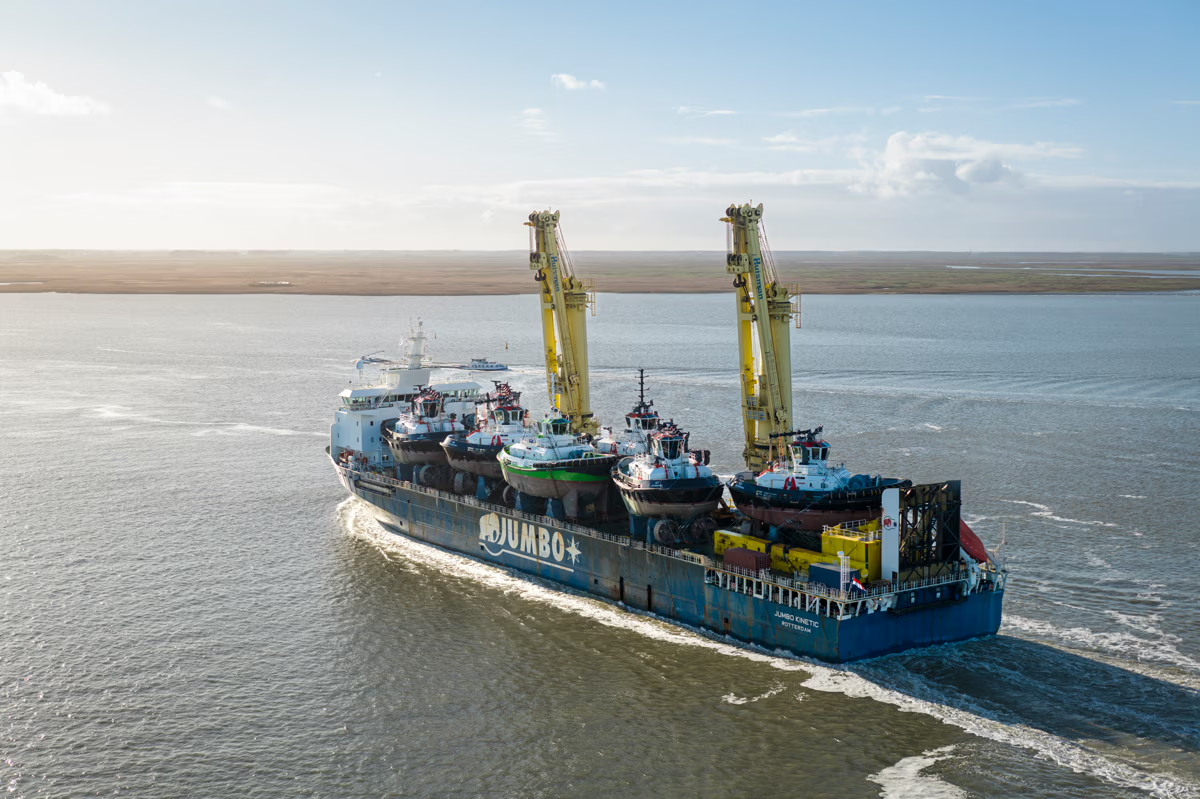The Government of Australia announced that the country ratified the International Ballast Water Convention, to meet environmental compliance with global shipping standards, Shipping Australia Limited informed.
The company also noted that it welcomes this decision, which enhances marine biosecurity in Australia’s maritime environment and adopts a common standard of ballast water management. The ratification aims to maintain shipping as the most environmentally efficient means of long haul freight movement.
“The international shipping industry is willing to bear the high cost of installing compliant ballast water treatment systems in order to remove the risk of transferring marine pests through ballast water,” Shipping Australia chief executive officer, Rod Nairn said. “We do expect that this reduced risk will be recognised by the Government by a reduction in international vessel arrival fees for biosecurity compliance.
Mr Nairn also underlined that the BWM Convention consists one of the responsible actions taken by international shipping to reduce the impact of shipping on the environment, and it is aligned with the industry’s support for the IMO’s programme to reduce fuel sulphur limits and CO2 emissions from ships.
“It is essential that Australia maintains alignment with international norms so that ships can comply, as there are no boundary fences in the ocean,” he concluded.
In total, 55 states have ratified the convention, with most recent the Saudi Arabia in May and New Zealand in January.
The International Convention for the Control and Management of Ships’ Ballast Water and Sediments (BWM Convention) was adopted in 2004 to introduce global regulations to control the transfer of potentially invasive species. Once the treaty enters into force, ballast water will need to be treated before it is released into a new location, so that any microorganisms or small marine species are killed off. The Convention is scheduled to enter into force on September 8, 2017.



























































